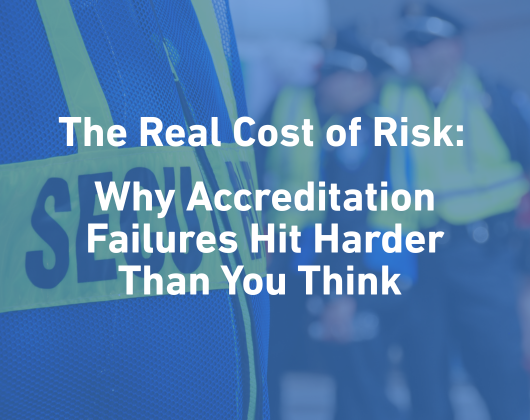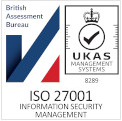Any major live event is going to attract a lot of media attention. To ensure that you have the right media in the right places at the right time, it’s important to direct members of the media through an accreditation process. This ensures you have the right press covering your event, can control their access in an efficient and secure manner, and aren’t giving passes away to people who should be paying to attend.
Here are five steps to make you a media accreditation pro:
- Cooperate with your event operations and security teams
Work together to confirm where and when press will have access to restricted areas of the venue to do their job. You’ll need to know the capacity of each area to ensure you don’t approve one to many cameraman requests. And it’s important that are areas set aside for media are clearly defined, signposted and entry controlled by the security team. It’s not just about controlling the movement of media, but protecting them from external threats so that they can carry out their job safely.
- Set clear guidelines to attract the right media
Media often get access to restricted areas of a venue to get closer to the action and access to VIPs, and so accreditation must be strictly reserved for those who represent a bona fide media organization. This doesn’t include non-editorial contacts from publishing companies, PR agencies, or communications professionals from NGOs or corporates.
Do you want to see a commission letter from the Editor-in-Chief? Do they need to have had an article published in the last month? Does their website need a minimum amount of traffic? Does their blog need a certain number of subscribers?
Define your entry guidelines and display them clearly on your website where you are asking media to apply for accreditation.
- Ask media to complete an online accreditation form
Don’t ask for applications by email, you’ll be swamped with an unmanageable amount of data and documents that are impossible to analyse and aren’t on a secure system.
Set up an online accreditation form on your website that gives media the ability to set up an account (that they can access again to update/edit information) and submit all of the documents needed to approve a media badge. This will give you a GDPR compliant way to collect data, and keep all of your applications and supporting documents secure in a single system.
What information should you collect? Think about the information that your media, operations and security teams need to fully assess an application and prepare for their requirements.
In additional to basic contact information, other Information that you may want to collect:
- Photo ID
- Commission letter
- Details of whether the applicant is a journalist, photographer, cameraman, blogger etc
- Information on a publication such as circulation, frequency, readership
- Website traffic and audience size for blogs or social media accounts
- Proof of previous coverage
- Evidence of recently published articles
- Public Liability Insurance certificate for photographers
If you have a large amount of press attending from a particular broadcaster or media outlet, then use a system that will allow you to set up a group account for them to upload contacts and manage an allocation of passes. See more tips on setting up an accreditation form here.
- Send clear instructions before the event
For successful applicants, give them all of the information they need to do their job. What events they have been approved for, timetable of activity, map of the venue, where to collect their accreditation badges, where the media centre is, and who they should contact for questions.
- Issue badges and put security first
Don’t email or post out badges in advance, this opens up the possibility of them landing on the wrong desk or being forged. Set up a dedicated media accreditation desk at the event and make sure press know where and when to collect their badges. Here are 5 things you need to have on your badges to ID media and prevent forgeries.





![EAS-Accredit-300dpi[22]](https://www.accredit-solutions.com/wp-content/uploads/2024/01/EAS-Accredit-300dpi22-300x156.png)

